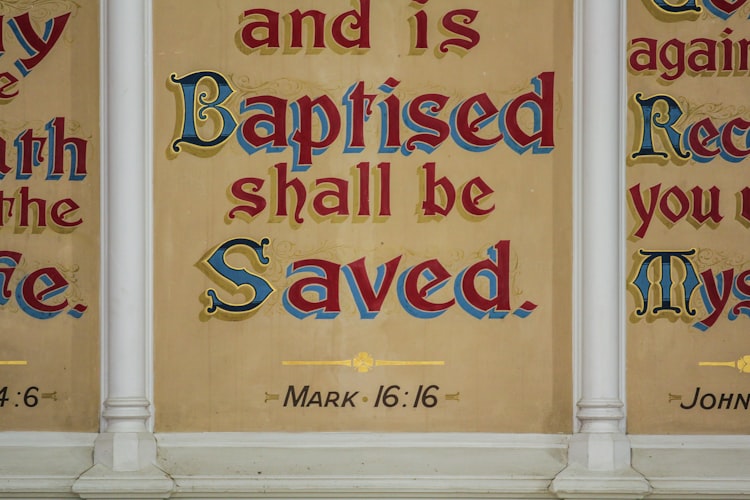Eternal Hell Question 1: Is heaven not forever, either?
Question (edited for space, clarity): If the word commonly translated “eternal/forever” for hell only means a limited age or long-lasting, but Jesus uses the same word (aionios) to describe not only Hell but Heaven’s eternal life (John 3:16), is the life Jesus promises only temporary? The same word for the “foreverness” of hell (Rev 14:11, 20:10) is also used for the foreverness of heaven (Rev 22:5)
It's important to understand that the first-century Hebrew-Jewish mindset about "the afterlife" was not put in terms of "infinite time" or "eternal timelessness." Rather, the language was around "the present age" and "the age to come." The Hebrew olam and Greek aion (noun: age/eon) and aionios (adjective, "of the age") were not about length or span of time, but rather a quality or characteristic.
So, yes, John 3:16, Jesus does not say "will have eternal life" but "should share in the life of God’s new age" (N. T. Wright's translation).
This is even more explicit in John 17:3. Jesus defines "life aionios" for us: "to know you, the only true God, and Jesus Christ whom you sent." Notice that Jesus defines the quality of aionios as knowing God, not by the length of time.
That's not the same as denying that the age to come will be eternal/aidios in the sense of infinite time. I believe it will be. You just shouldn't use verses with the word aionios to make that point.





Member discussion